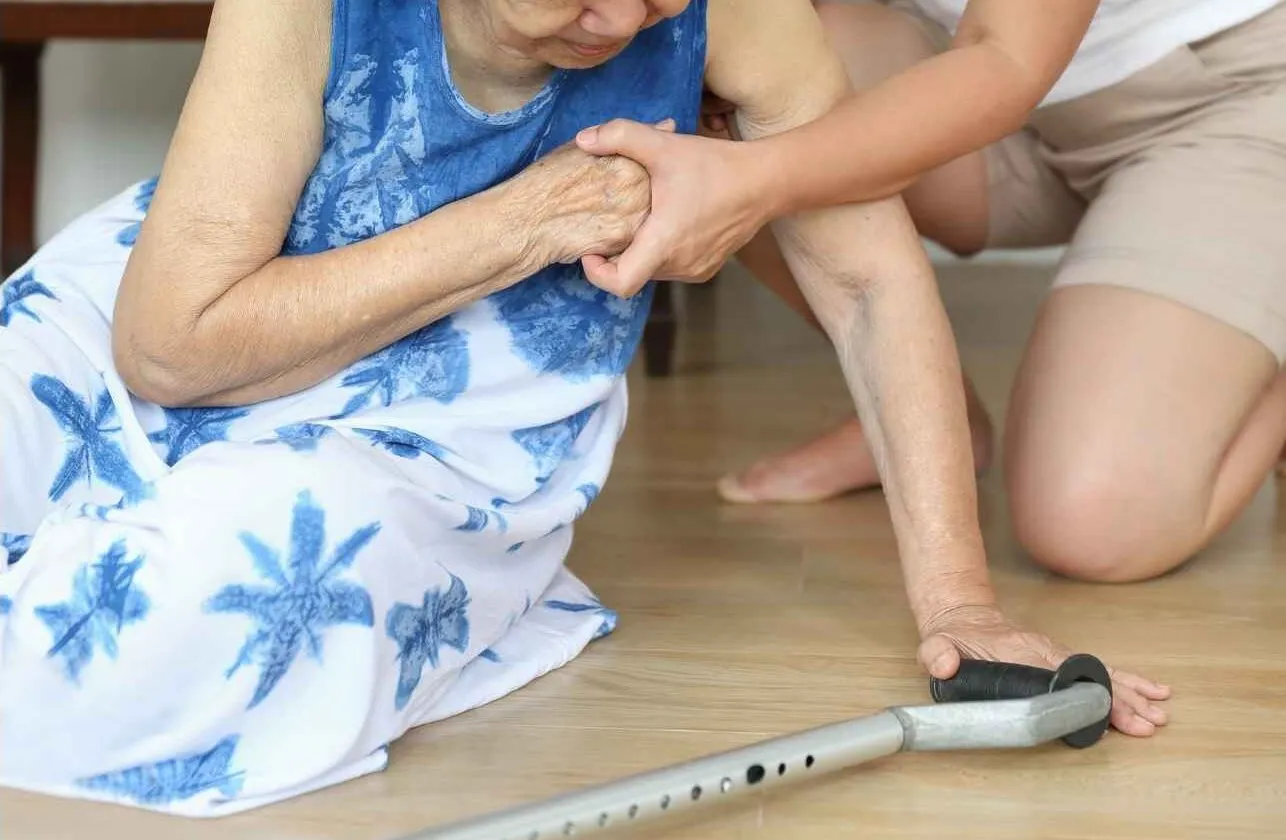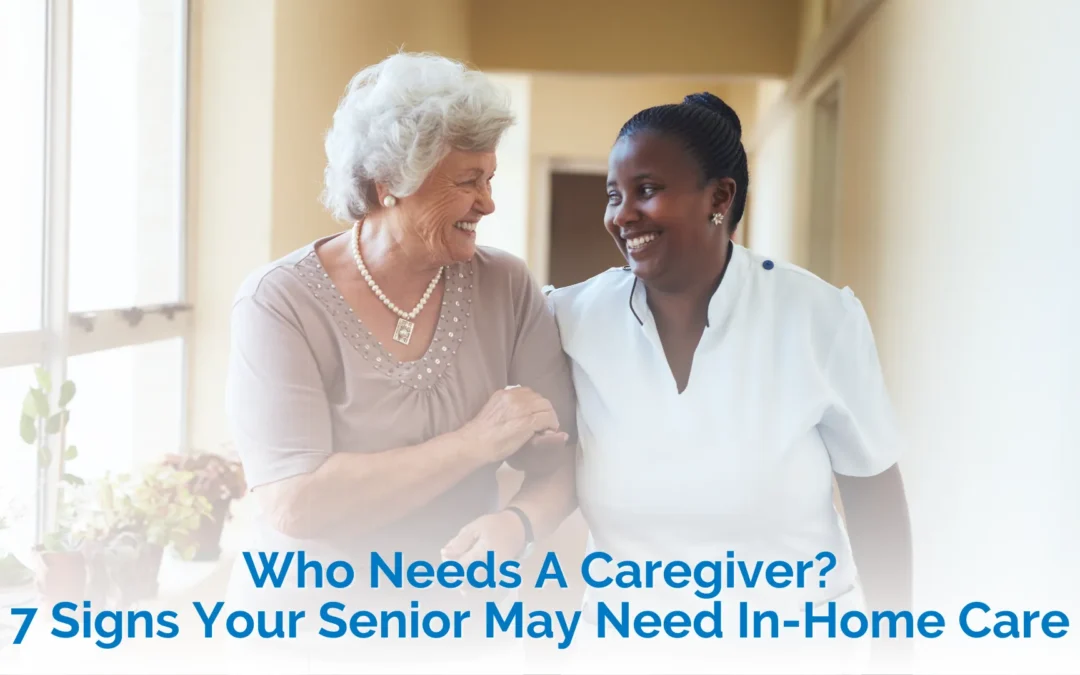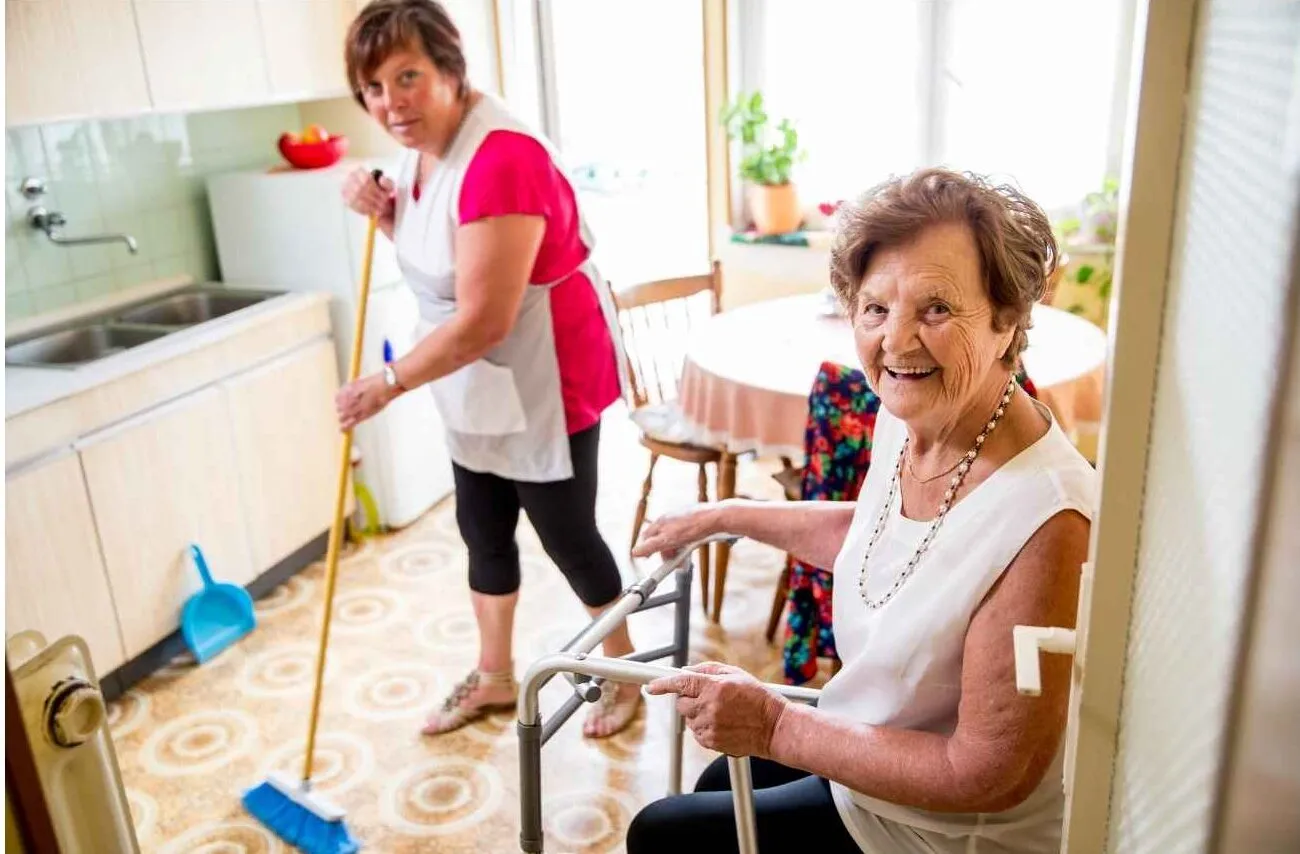As our loved ones age, it’s important to keep an eye out for signs that they may need additional support and care. In-home care can be a great option for seniors who want to maintain their independence while receiving assistance with daily tasks, healthcare, and socialization, but who needs a caregiver? Here are 7 signs that your senior loved one may benefit from in-home care in Michigan:
Signs Your Senior May Need In-Home Care
01. They have difficulty with daily tasks
The everyday tasks we do without much thought may be difficult for the senior in your family. Some of these activities of daily living (ADLs) include bathing, dressing, grooming, and toileting. If you notice that your senior loved one is struggling with these tasks, it may be time to consider in-home care. Roughly 7% of all adults over the age of 65 need assistance with at least one ADL. In-home caregivers can provide hands-on support and assistance to help seniors maintain their hygiene and dignity.
02. Frequent Falls or Accidents

Seniors who experience frequent falls or accidents may need in-home care. Falls can be detrimental to an elderly person’s health, aside from the potential broken and bruised bones, it can decrease overall confidence. Once a fall has occurred, they’re likely to fall again. The University of Michigan states that once a person has been admitted to a hospital for a fall, 14% of them will be readmitted for the same cause. In-home caregivers can help seniors reduce their risk of falling by providing mobility assistance, safety evaluations, and fall prevention education. By having a caregiver on hand, seniors can feel more secure and confident as they go about their daily routines.
03. Cognitive Decline
Cognitive declines, such as memory loss or confusion, can be another sign that a senior needs in-home care. Michigan has a high prevalence of Alzheimer’s disease and related dementias, with over 190,000 people living with these conditions in the state, according to the Michigan Aging & Alzheimer’s Disease State Plan. In-home caregivers can provide specialized care and support to help seniors with cognitive decline maintain their safety, independence, and quality of life.
04. Chronic Health Conditions
Chronic health conditions, such as diabetes, heart disease, or dementia can be a sign that a senior needs in-home care. Remembering to take a multitude of medications can be confusing and overwhelming. In-home caregivers can provide skilled nursing care, medication reminders, and disease education to help seniors manage their chronic conditions and prevent complications.
05. Isolation and Loneliness
Social isolation and loneliness can be other signs that a senior needs in-home care. Michigan has a high rate of social isolation among seniors, with roughly 29% living alone. Loneliness can lead to other cognitive deficits including depression, and Alzheimer’s, among others. In-home caregivers can provide companionship, transportation, and socialization to help seniors stay connected to their communities and loved ones.
06. Inability to Maintain the Home
An inability to maintain the home can be a sign that a senior needs extra help. Household tasks such as cleaning, cooking, and yard work can become difficult for seniors with mobility or health issues. In-home caregivers can assist with these tasks to help seniors maintain a safe and healthy living environment.
07. Caregiver Stress
Family caregivers often face physical, emotional, and financial challenges when caring for their loved ones. Approximately 23% of Michigan adults provide unpaid care for others. That’s a fairly large portion of the population. These family caregivers can be left with anxiety, depression, irritability, and lack of energy due to the stresses of looking after their elderly family member.
So, Who Needs a Caregiver?
Deciding when it’s time to introduce in-home care for a senior loved one is a nuanced process that involves evaluating their current needs and future well-being. It’s about ensuring they continue to enjoy a high quality of life while receiving the support necessary for their safety and health. Here are additional insights into making this transition smoother and understanding who benefits the most from in-home care services:
- Early Signs of Need: Often, the need for in-home care doesn’t arise suddenly. It builds up through subtle signs, like a decrease in enthusiasm for previously enjoyed activities or minor forgetfulness becoming more frequent. Recognizing these early signs can prevent crises and make the transition to in-home care more gradual and accepted.
- Tailored Care Plans: Each senior has unique needs based on their health, personality, and lifestyle. In-home care services can be tailored to fit these individual needs, offering everything from light housekeeping and companionship to full-time, skilled nursing care. This customization ensures that seniors don’t just live safely but thrive.
- Emphasizing Independence: One common misconception is that accepting in-home care means relinquishing independence. In reality, the opposite is true. In-home care services empower seniors to maintain their independence longer by providing the support they need to safely navigate their daily lives.
- Role of Family Caregivers: While in-home care professionals can take on much of the physical and medical care responsibilities, the role of family members shifts towards advocacy and emotional support. This change can strengthen bonds as family members spend quality time with their loved ones without the strain of caregiving duties.
In-Home Care as a Partnership
Choosing in-home care is not about stepping back from caring for your loved one; it’s about partnering with professionals to ensure they receive comprehensive care. This partnership allows seniors to enjoy the comforts of home, surrounded by memories and the community they love, with the added benefit of professional care tailored to their needs.
Recognizing the signs that a senior needs in-home care can help families make informed decisions about their loved one’s care and well-being. If you suspect that your senior loved one may benefit from in-home care, reach out to Sunny Days, Great Lakes today! We will provide compassionate and high-quality care, so your family member can age in place with dignity and respect.



